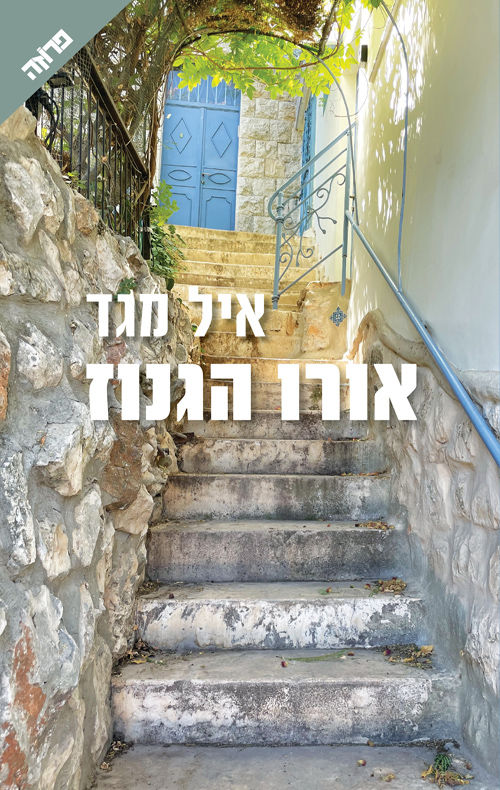The world changed on 7 October 2023 when Hamas and other armed groups made incursions into Israeli territory from the Gaza Strip, resulting in the deaths of more than 1200 people and the taking of 251 hostages, in defiance of Israel's oppression of Palestinians in Gaza and the West Bank.
The response by Benjamin Netanyahu's government and the Israeli military has for the last two years brought terrible destruction to Gaza, flattening nearly all homes, hospitals and schools and universities and killing more that 55,000 people. The majority are women and children. Tens of thousands are missing under the rubble, as yet uncounted. The entire population of 2.3 million people have been forced from their homes and herded into enclaves, where they have been starved owing to the Israeli government's aid blockade. How will the world look back on this? How have we allowed this to happen? Could it have been prevented? What can we say?
In the book How do we even talk about Palestine and Israel, one group of twelve child psychiatrists, psychologists and psychotherapists – with the welfare of children very much in mind – met fortnightly to discuss the insurmountable difficulties of the Palestine-Israel conflict and their feelings about the catastrophe streaming on their media.
Of course they couldn't produce answers, but they could pose questions and try to examine as honestly as possible how these events affect both the victims and aggressors. And what it told them about themselves and others and about history and politics in the world today. Is it useful to discuss such matters in a group – as they have been taught via the Tavistock methods? Can minds be changed? There will be friction, there will be deep disagreements and pain – even if nowhere near the pain experienced in Gaza.
Some contributors to this thought-provoking anthology come from Jewish or Palestinian heritage, others from different but divided and conflicted backgrounds. They have connections with history going back to the Balfour Declaration and to the Holocaust: a mother who lived through Kristallnacht and came to England on the Kindertransport; a father with shrapnel injuries from a grenade in Jaffa exiled in the Nakba. Individually and personally they also reflect on their participation in the group process. They express their complex feelings and evolving reactions through poems and essays, family memories, historical reminders and philosophical arguments. This courageous, far-reaching collection urges us all in the direction of sense and empathy, and a fuller understanding of the suffering of the catastrophe before our very eyes
How do we even talk about Palestine and Israel? \ multiple authors
מדיניות החזרת מוצרים
החלפות יתאפשרו בתוך חודש מיום הקנייה בכתובת מלכי ישראל 9, תל אביב. יש להציג חשבונית / מייל אסמכתא בלבד.

















